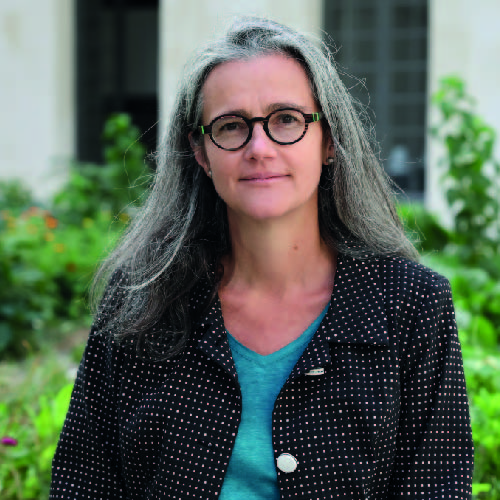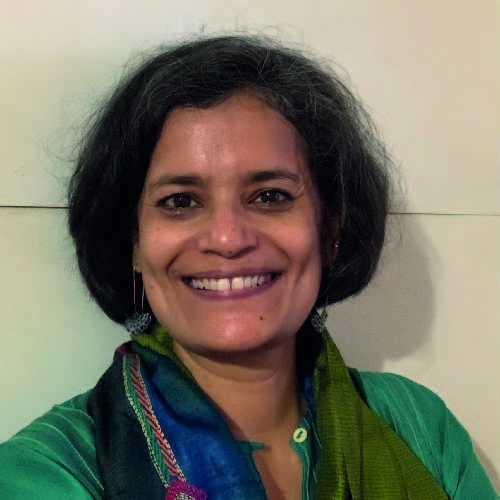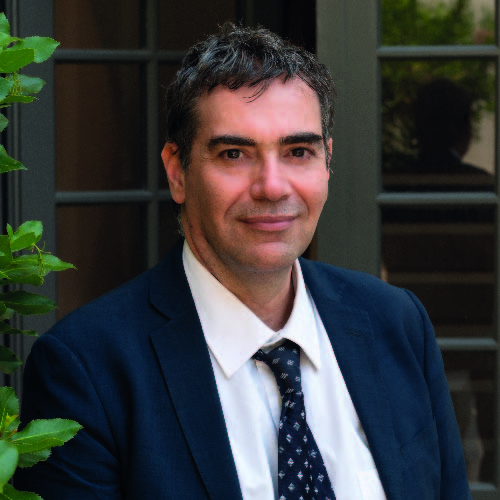AESOP 2024 ANNUAL CONGRESS | EVENING EVENT
36th AESOP Annual Congress 2024 Paris, France
“GAME CHANGER? Planning for just and sustainable urban regions”
Event Evening 06
The city as a transitioning stage: leveraging mega-events for sustainable development?
Organizers:
- Gustavo Lopes dos Santos, Centre for Innovation in Territory, Urbanism and Architecture, Instituto Superior Técnico, University of Lisbon
- Eva Kassens-Noor, Department of Civil and Environmental Engineering, Technical University of Darmstadt
Speakers:
- Alexandre Faure, Fondation France-Japon de l'EHESS
- Alexia Gignon, Lab’Urba-EUP, Université Gustave
- Marie Delaplace, Université Paris-Est
- Stefano Di Vita, Dipartimento di Architettura e Studi Urbani, Politecnico di Milano
- Mike Raco, UCL, Bartlett School of Planning
- John Lauermann, Pratt Institute
- Gustavo Lopes dos Santos, Centre for Innovation in Territory, Urbanism and Architecture, Instituto Superior Técnico, University of Lisbon
- Eva Kassens-Noor, Department of Civil and Environmental Engineering, Technical University of Darmstadt
- Mark Wilson, Michigan State University
Throughout decades, mega-events like the Olympic Games, FIFA World Cups or EXPOs have served, and continue to serve, as powerful tools for nation branding, soft-power and globalization strategies, representing platforms to showcase cities and countries to worldwide audiences. Alongside, ambitious urban regeneration and large-scale infrastructure projects have been developed, not only to fulfil event requirements, but also to put forward these intended strategies. These flagship projects intend to catalyse development and function as anchors in areas where new urban dynamics are envisioned. The mega-event works as an exceptional exogenous shock that facilitates and accelerates their implementation. At the same time, it also brings additional challenges, complexifying urban planning processes. Historically, this has always prompted some sort of negative economic, social or environmental impacts. Yet, as societal paradigms change, the role of mega-events is also shifting.
Cities nowadays grapple with issues such as equitable resource distribution, affordable housing, and efficient transportation networks. Striking a harmonious balance between economic development and environmental conservation is also paramount. One central issue is the need for efficient solutions to accommodate growing urban populations, while addressing challenges related to land use, community resilience, and social inclusivity, always minimizing environmental impact. Post-metropolitan territories further require rethinking urban systems to promote an effective sustainability transition. Community engagement is also crucial to foster a shared commitment.
But are mega-events really adapting to the new urban sustainability challenges? We are currently witnessing radical changes also in mega-events. World Cups and other continental tournaments now spread over larger territories to make use of existing infrastructure. Sustainable practices are increasingly encouraged in pavilion designs for EXPOs, and themes related to environmental and social responsibility are emphasized in the event’s narratives. The International Olympic Committee developed Olympic Agenda 2020: a strategic approach to enhance the sustainability of the Games, changing event requirements for more flexibility to adapt to local contexts, including allowing regions or countries to host the event, instead of cities. From the urban point of view, all these changes bring several opportunities but also a series of demanding challenges.
The invited panel includes some of the most well-known and longstanding researchers in the field. From image and tourism enhancement to the new governance structures, sustainable mobility challenges and national mega-event strategies, this roundtable covers a large range of thematic and expertise, providing for an insightful discussion with the audience about mega-event planning and urban legacy.
Keywords: Mega-event planning; urban regeneration; sustainability; Olympic Games; impacts and legacies.
LOC
The Local Organising Committee













